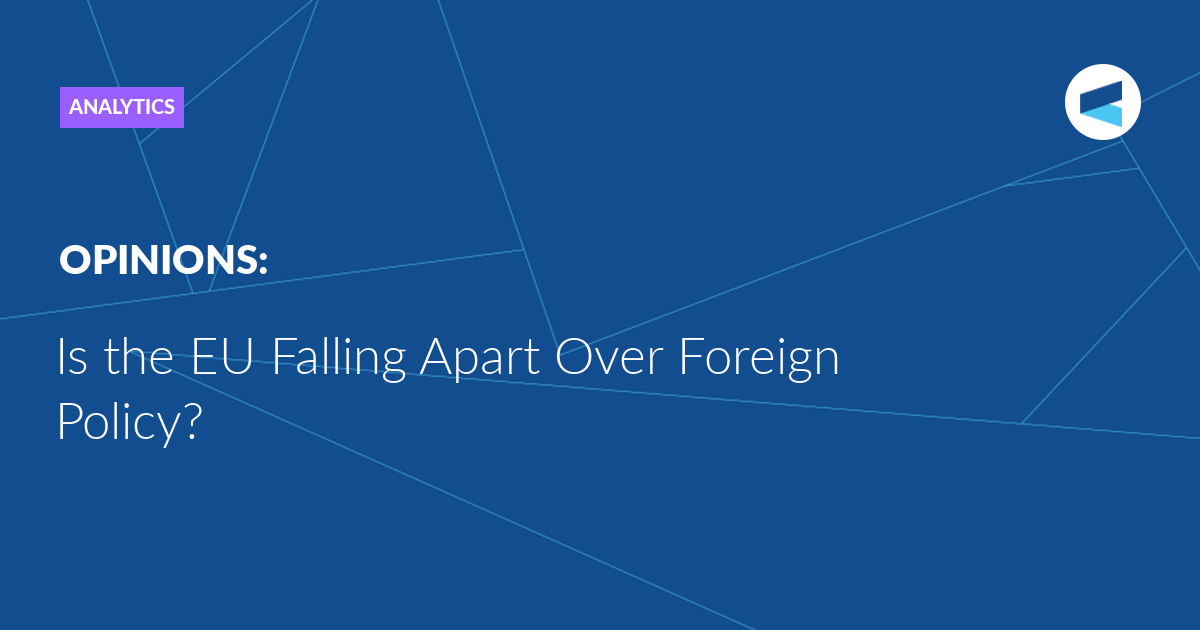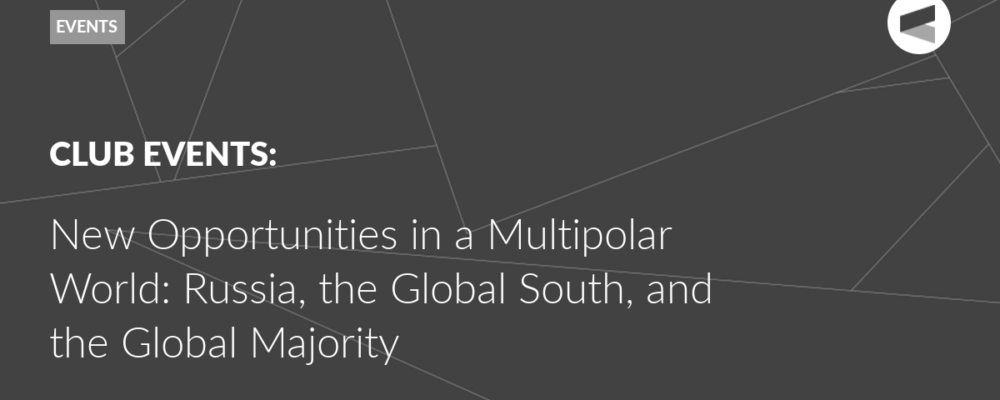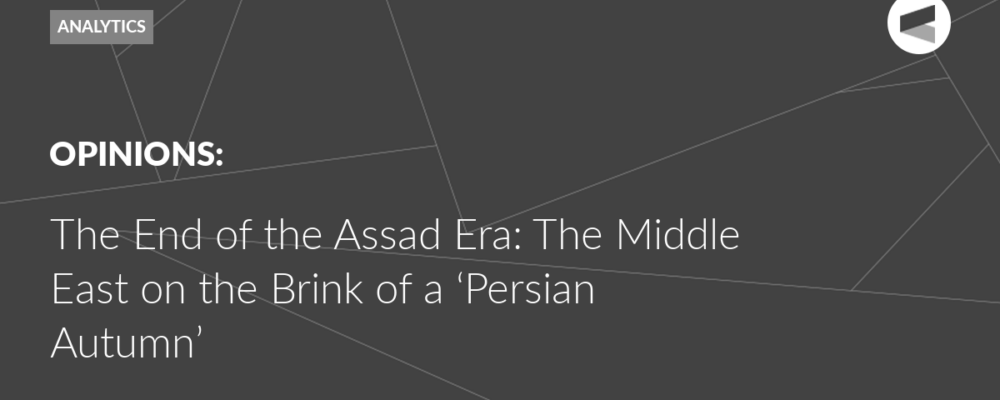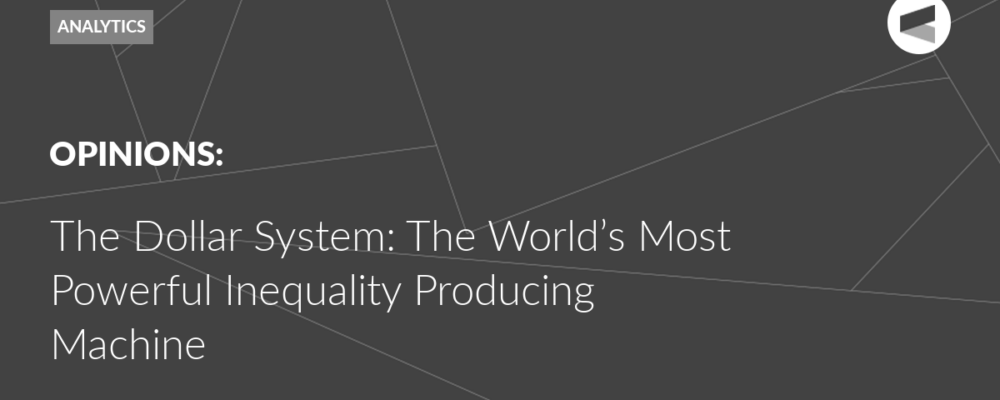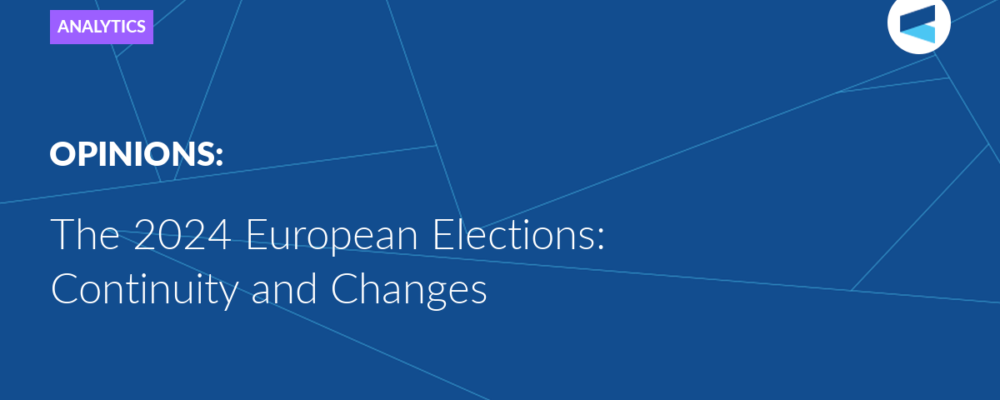A fault line in the EU member states’ foreign policy is becoming increasingly clear, not only with respect to the Ukraine issue but also in the Gaza conflict. It is about the supremacy of the United States and NATO as well as the role of international organisations. In view of the ongoing division of a multipolar world with new “cold” and “hot” wars, it is essential to realign the overall direction of international geopolitics on a joint basis, writes Ulrike Reisner.
Spain, Ireland and Norway said in late May they want to recognise a Palestinian state, followed by Slovenia. Malta is also considering this move. It means that a total of ten EU states, most of them in Eastern and South-Eastern Europe, already accept Palestinian state sovereignty, as do two-thirds of the United Nations states. For Yolanda Díaz, coalition partner of Prime Minister Pedro Sánchez, recognising the Palestinian state is a question of human rights and international legality: “The situation in Palestine forces us not to stay here. We must continue to work to end the genocide and achieve a ceasefire.”
Dissent on the arrest warrant
As if this disagreement did not exist in Europe, the foreign ministers of the “Weimar Triangle” recently agreed on security policy priorities for the upcoming legislative period. These include strengthening the EU High Representative for Foreign Affairs, establishing an integrated European External Action Service and expanding EU defence capabilities:
“We reaffirm the importance of stronger and more capable European defence capabilities that make a positive contribution to global and transatlantic security and are complementary and interoperable with NATO. In this context, we underline the importance of a strong European pillar within NATO for maintaining and strengthening our collective defence and security as allies.”
However, this does not change the fact that Poland recognised Palestine as an independent state as early as 1988, while Germany and France — like almost all states of “old” EU Europe and the Baltic states — have refused to do so to date.
The request by the chief prosecutor of the International Criminal Court for arrest warrants against the leaders of Hamas and Israeli officials was therefore bound to cause a rift among the EU member states. As expected, Germany in particular reacted critically. The Foreign Ministry stated that the simultaneous application for arrest warrants against the Hamas leaders on the one hand and the two Israeli officials on the other gave the incorrect impression of an equation: “The Israeli government has the right and the duty to protect and defend its population against this. It is clear that international humanitarian law and all its obligations apply.” France, on the other hand, has accepted the Chief Prosecutor’s requests, as have the governments of Ireland and Spain. The latter two states have also recently called for the Association Agreement between the EU and Israel to be reviewed.
For a long time, the EU states have tried to present a unified image to the outside world on the issue of Ukraine. However, this image is also beginning to crack: only recently, the Italian government rejected NATO Secretary General Jens Stoltenberg’s call to allies to lift the restrictions on the use of weapons supplied by the West against targets in the Russian Federation. For almost a year, Hungary has been blocking the pro rata reimbursement of weapons earmarked for Ukraine under the European Peace Facility.
In fact, the foreign policy rifts between the EU member states are becoming ever deeper. On the one hand, it is about the role of international organisations and the question of what role they can and must play in an increasingly multipolar world.
The Valdai Discussion Club was established in 2004. It is named after Lake Valdai, which is located close to Veliky Novgorod, where the Club’s first meeting took place.
Please visit the firm link to site


